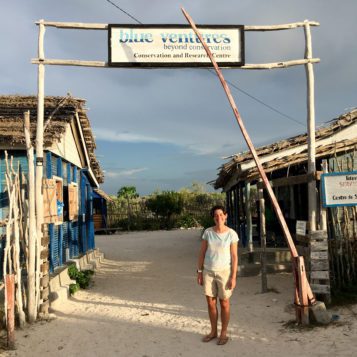
Visiting the BV office in Andavadoaka for the first time
My journey began when I arrived at the Blue Ventures office in Bristol on a dark and cold morning in January this year to start my new job as the Knowledge Development Manager. I was excited to get started with working out how to capture and share knowledge within and outside Blue Ventures, but faced with the challenge of not yet knowing what kind of knowledge was held by my colleagues and the communities we work with, and which aspects would be most important to share. Fortunately, I had the opportunity to travel to sunny Madagascar in February to start finding this out for myself.
Put simply, knowledge is the possession of information, and it’s fair to say that Blue Ventures has built up a lot over the years; sharing information about our experiences and the lessons we learn along the way is something that is extremely important to our work. Through doing this, we hope to achieve the credibility, reach and influence needed to scale the impact of our work with communities and conservation partners, as well as more widely. Ultimately this will lead to communities and governments making better decisions about how to better manage coastal resources and protect the marine environment.
During my travels in Madagascar, I had the opportunity to learn about the knowledge that my international colleagues hold and why it matters to them. I also met lots of people in the communities, who openly shared their knowledge with me. From speaking to these people, it was clear to me how important Blue Ventures’ values are, throughout our work and for the communities that we support.
Knowledge is passion
My trip started in the southwest region of Madagascar, which felt incredibly hot and arid in comparison to the dark winter I’d left behind in Britain. Straight away I could see why the sea is so important to the communities that live here; there are very few opportunities to make a living from the land because of the harsh, dry conditions. To combat this, Blue Ventures is supporting alternative livelihoods that can withstand these environmental challenges, and I met some people from the communities who are embracing these opportunities and turning them into a passion.
Germain proudly showed me the bee hives behind his house, telling me, “I prefer beekeeping to fishing because the bees do all the work!”In his village of Ankindranoke in the southwest, Germain proudly showed me the bee hives behind his house, telling me, “I prefer beekeeping to fishing because the bees do all the work!”. Through our alternative livelihoods programme, Blue Ventures provided Germain with two hives and he has already built three more – he has ambitious plans to increase to 30 hives in the future. It was clear how incredibly passionate he is about his bees and told me that he likes to think that the bees know him personally.
Beekeeping has not only sparked a new passion for Germain, it has provided a great opportunity for him to earn a stable income from selling the honey, as an alternative to the dwindling and unpredictable income he makes from fishing depleted stocks.
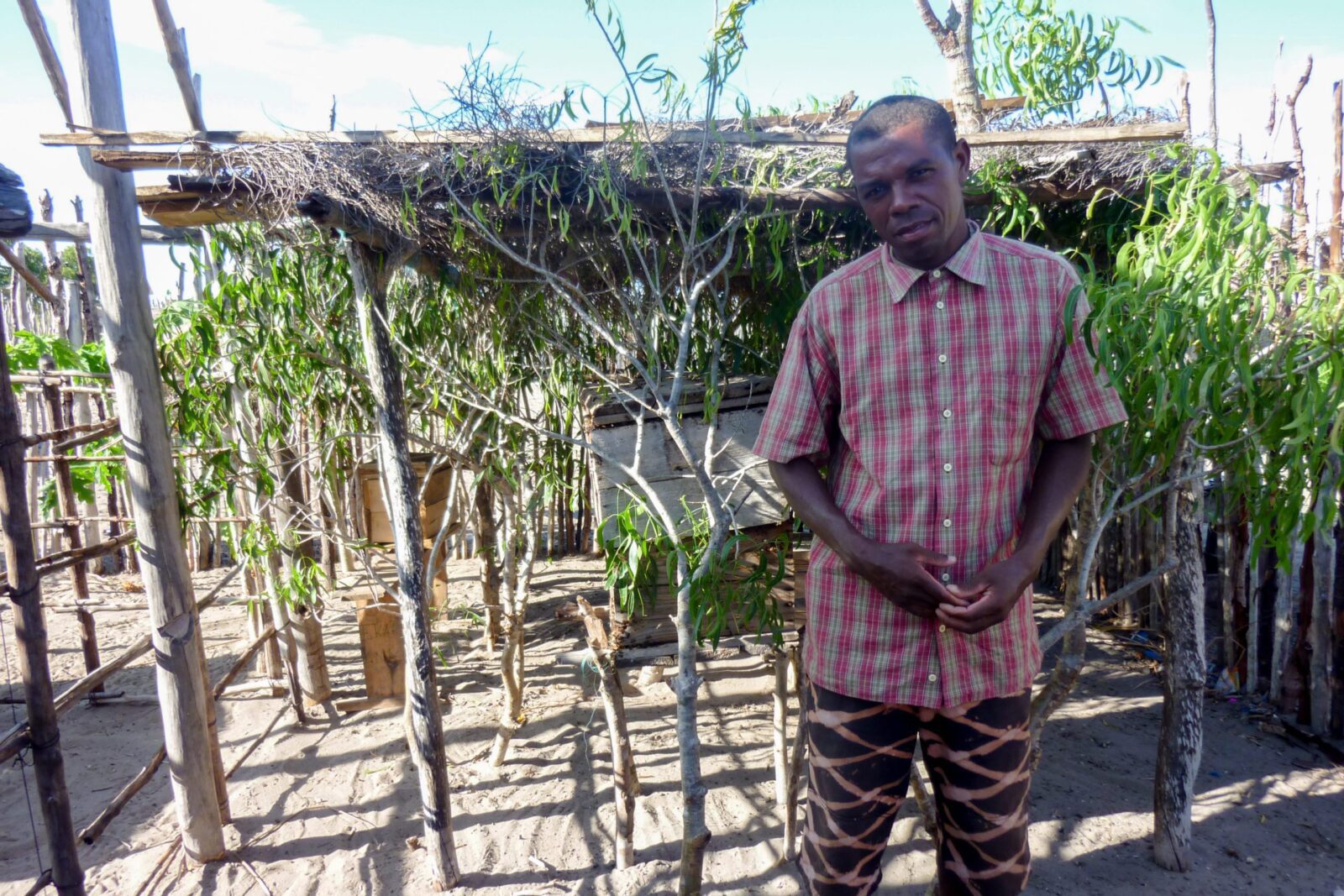
Germain with his bee hives | Photo: Jenny Oates
Knowledge is opportunity
In the same village I also met Fanja, a community health worker who recently trained in health care for young children with Blue Ventures’ support. Like many women in her community, she balances various income opportunities to provide for herself and her family – I found out that alongside her health work, she also does seaweed farming amongst lots of other activities.
I was impressed by Fanja’s eagerness to learn new skills, and her readiness to jump onto any new opportunity that came her way. For her, it’s the only way to overcome social and economic barriers.
I like to do lots of different things, to learn and earn money and improve my life.”
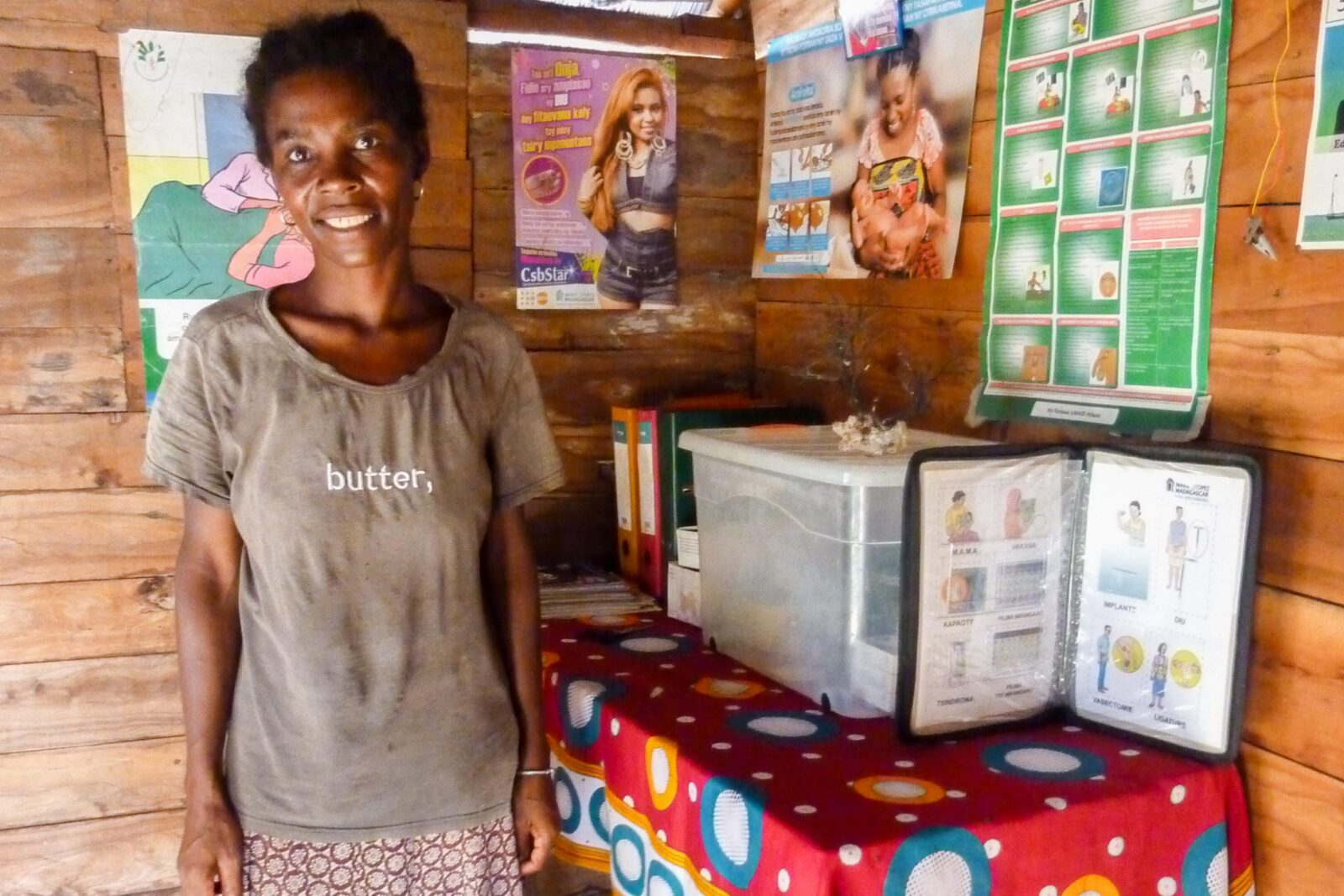
Fanja in her community health room | Photo: Jenny Oates
Knowledge is the future
Travelling up the west coast of Madagascar, I spent a couple of nights at another of Blue Ventures’ field sites – Belo Sur Mer. I’d heard from my new colleagues that this area is very isolated, but travelling in the rainy season made it starkly clear. The roads were in bad condition and so the only access was by boat. Whilst it felt like an adventure for me, I was quickly reminded of the remoteness of these communities. Yet despite these challenges, it is this isolation that drives the communities to develop and share local knowledge through the generations.
In a nearby village, I met Tunisa. I found her sitting on the beach with a group of fellow female seaweed farmers who were all carefully tying rope into the lines on which seaweed is grown. Sitting with them was a young girl who was also learning the techniques, developing a skill which has given other women in her village hope for the future.
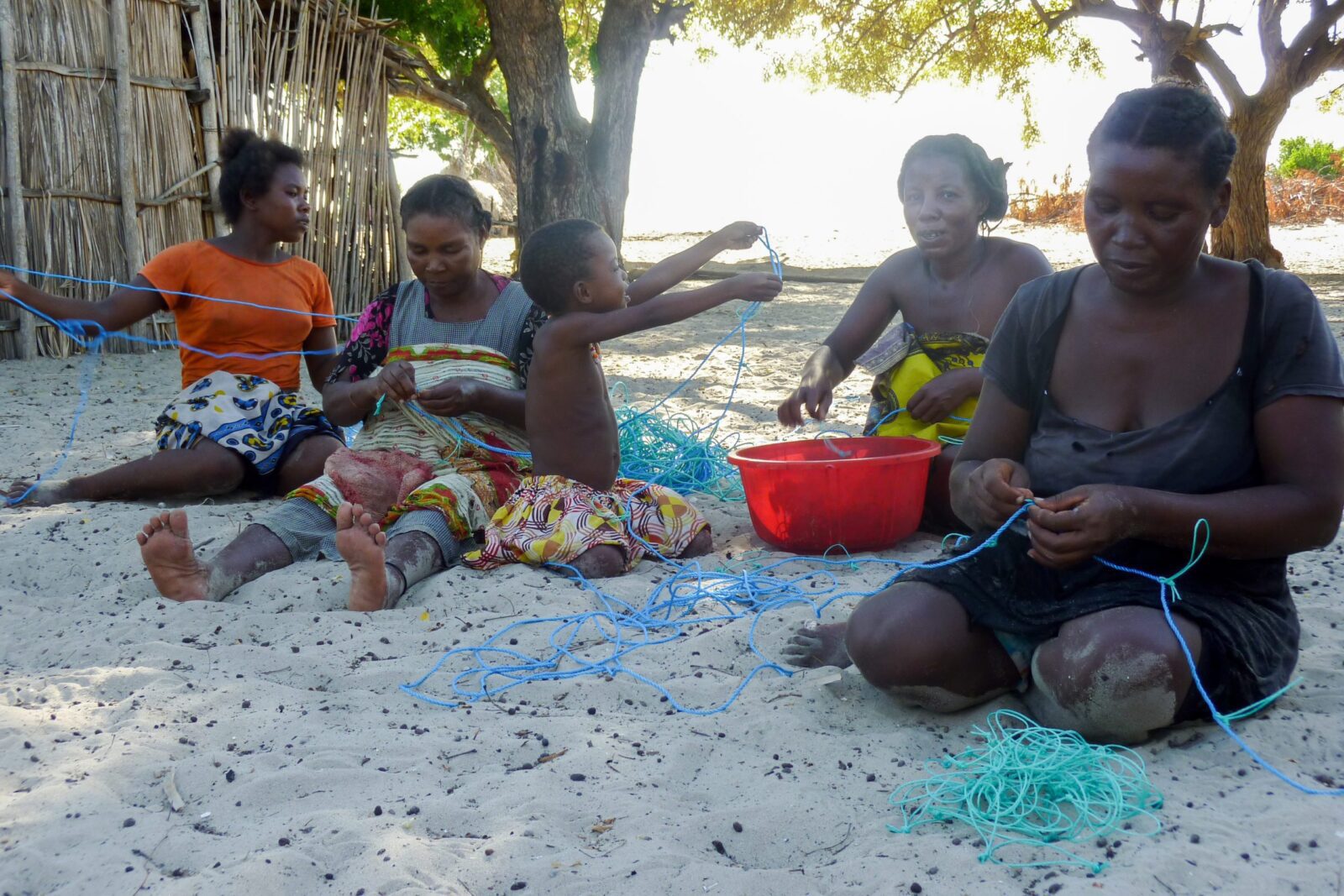
Tunisa (second in from the left) and her fellow seaweed farmers | Photo: Jenny Oates
Tunisa is one of 23 seaweed farmers in her village, 18 of whom are women. With Blue Ventures’ support, aquaculture has become a vital source of income for many women like Tunisa because of a lack of other livelihood options in the remote coastal areas of Madagascar. At 64 years old, seaweed farming has become essential for Tunisa.
I had no future before seaweed farming. My sons had left the village and I had no way to support myself because I am too old to fish. Now there is a way to earn a living, and not just for me. People can stay in the village rather than moving on. We’ve been keeping the village much cleaner too, because now we have hope that we will be living here long into the future”
Knowledge is community
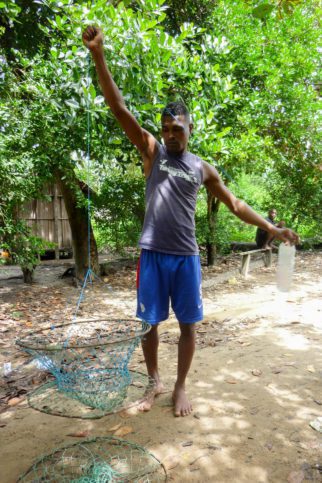
Nadido setting up his new garigary | Photo: Jenny Oates
When I reached the northwest of the country, I was amazed to see how diverse the landscape of Madagascar really is. I’d come from long whitesand beaches, turquoise waters and dry scrubland, but here in the north there was a lot more vegetation, with shady cocoa plantations interspersed with fruit trees, and vast tracts of agricultural land, mainly for growing rice.
After a long walk through the rice fields, crossing rivers and wading through thick mud, I arrived in Nadido’s village of Ampampana. He is one of the nine fishermen in his village using a new technique to fish for mud crabs in the mangroves which has been introduced by Blue Ventures – the garigary. Using this simple and effective hoop net is a much more sustainable technique than other, more damaging methods like hooks. Nadido told me, “I’m using the garigary instead of a hook and line now because it’s easier to collect a lot more crabs and they don’t steal the bait!”.
Later this year, Nadido will be involved in a learning exchange between the fishermen in his village and others from surrounding villages, sharing his newfound knowledge to inspire the local fishing community to diversify their fishing techniques.
By the time my trip came to an end, I felt energised and motivated by the vast knowledge that I had seen and been told about by the people I had met. It was even more inspiring to see how Blue Ventures’ values are so embedded in our work – from the way that the needs of communities are always put first, to the passion and belief shown by our staff and people that we work with, to the innovation and courage shown by people who are prepared to take risks and grab new opportunities with both hands.
As I work to share our knowledge about new approaches, results that have been achieved, and lessons learned, I will be led by another of our values, which is openness and humility. I want to pass on what we have learned to others who share our passion and vision, leading to more healthy marine ecosystems and improved livelihoods across the world.


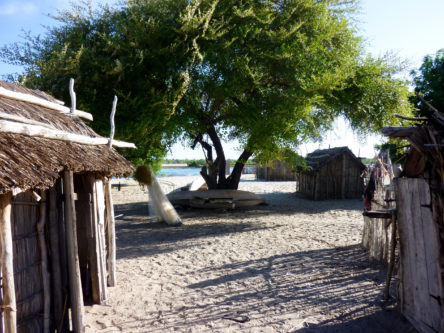
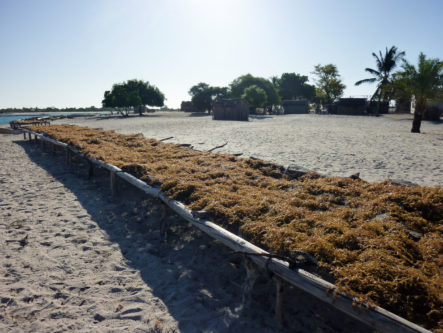
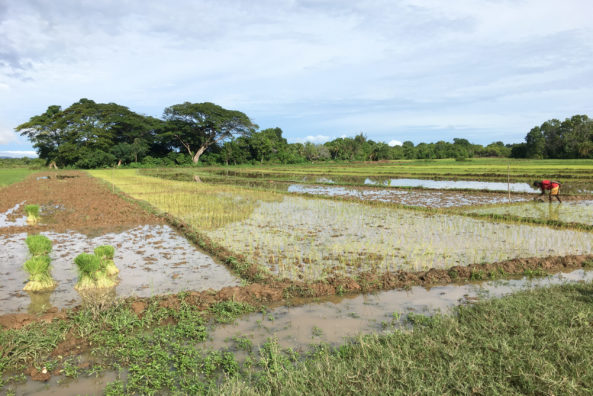
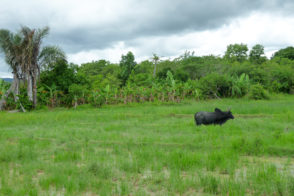
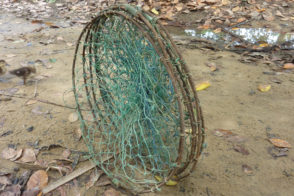
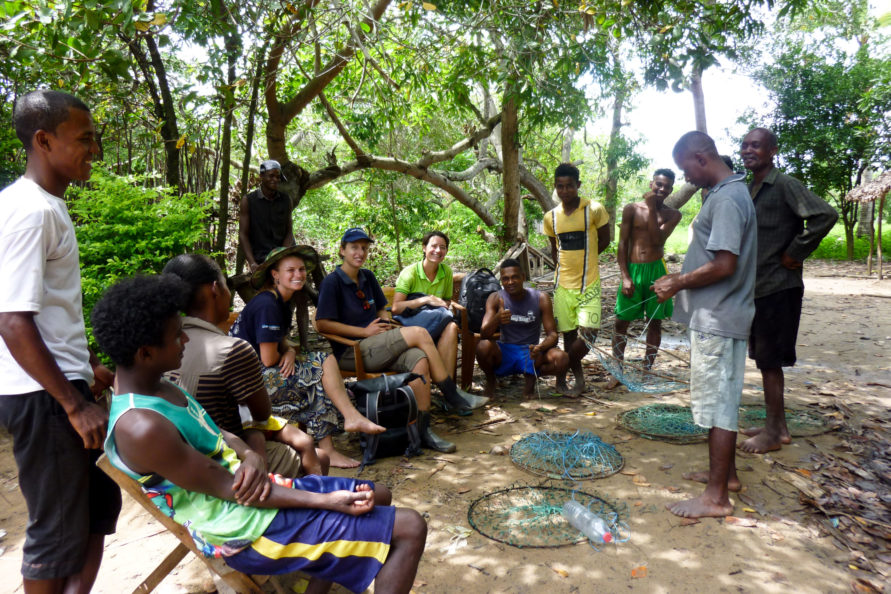
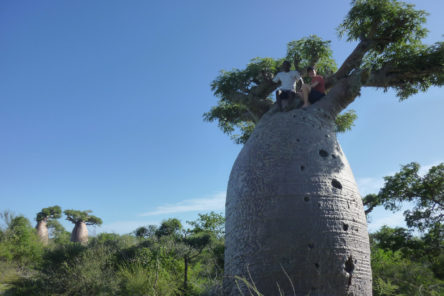
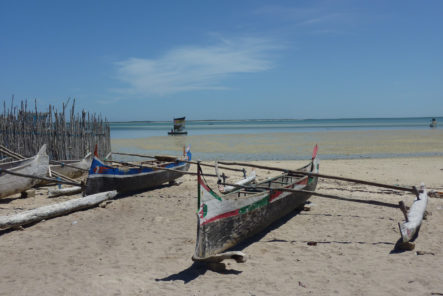
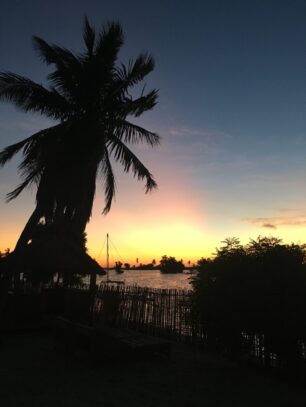
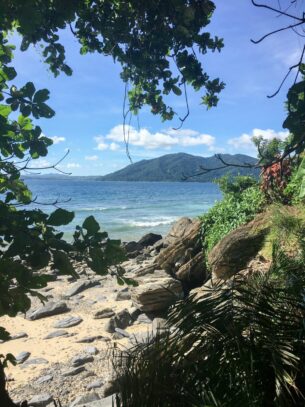
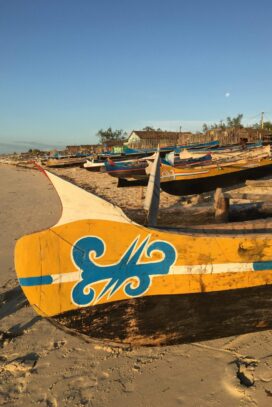
Great article and very informative.